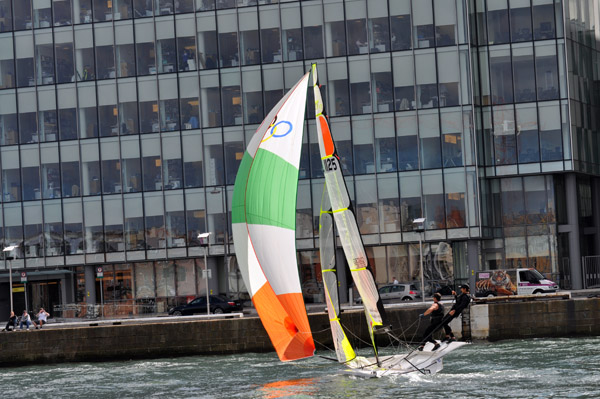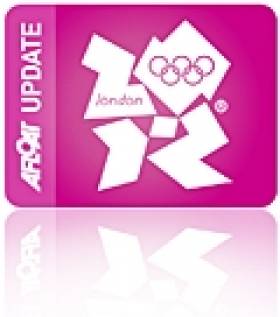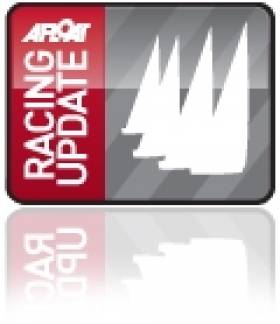Displaying items by tag: Matt Mc Govern
Murphy Heading for Australian Regatta
The National Yacht Club's Annalise Murphy (Laser Radial) travelled to Australia last weekend for the Perth International Regatta http://www.perth2011.com/ which starts on the 16th of this month. The aim is to gain valuable experience at the venue which will host the December 2011 ISAF World Championships and which will be a vital qualifying event for the the 2012 London Olympic games.
Also heading for Perth is the Royal St. George's Ben Lynch in the high speed 49er dinghy.
After Perth, Annalise travels to Melbourne for the season's first ISAF World Cup event which will be run from Sandringham Yacht Club from 12-19th December. Annalise is currently ranked 20th Womens Laser Radial sailor and 1st under 21 in the World and is campaigning full time to represent Ireland in the 2012 London Olympic Games.
Top youth Laser Radial Sailor Ross Vaughan from the Royal North of Ireland YC has gone down as a training partner for Annalise together with her coach Rory Fitzpatrick.
Also taking part in the Perth Regatta are Irish 49er team of Ryan Seaton and Matt Mc Govern (Ballyholme YC) and Ross Hamilton from the RIYC, Dun Laoghaire.
Fitzpatrick and McDonald Win Inaugural Liffey Skiffy
Crashes and capsizes were on order for spectators from the first start with Ed Butler and Dermot Mc Murrough suffering a mainsail tear from the first start. Nin O'Leary also made the most of a capsize by back flipping from the boats wing once semi turtle! Many photos were made available from the event with the most notable making the front page of Saturday's Irish Times newspaper!
Many thanks go to the event sponsors OnBoard Surf Snow Sail, PR Reilly Car accessories as well as Dublin Port Company, Dublin Docklands Authority, The National YC, St. Patricks Rowing Club and the International 49er Class Association.

Action on the Liffey. Photo: Harry Hermon































































